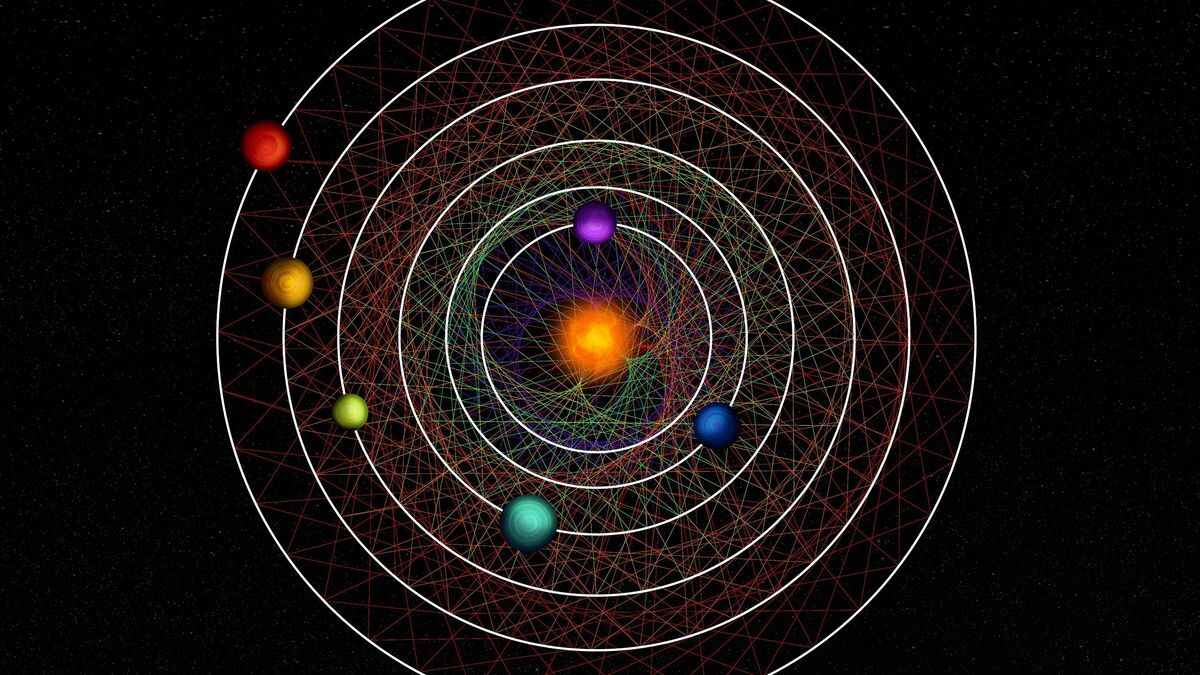This is the best summary I could come up with:
Its six sub-Neptune planets circle very close to their host star in mathematically perfect orbits, piquing the interest of scientists searching for alien technology, or technosignatures, which they argue would offer compelling evidence of advanced life beyond Earth.
The researchers looked for signals that were continuously present when the telescope was pointed at the system and absent when directed away, the smoking gun of technosignatures local to HD 110067.
Despite this lack of sufficient knowledge of what alien technology looks like, the team employed a few techniques to ensure a detected signal is not local interference.
Signals from such a transmitter placed on a planet spinning around a foreign star would drift in time when observed from Earth, “the same as when an ambulance goes past you, the sound of it shifts from very high to very low,” study lead author Carmen Choza, an assistant researcher at the Search for Extraterrestrial Intelligence (SETI) Institute in California, told Space.com.
Using that information, it may be possible to somewhat “reverse engineer” the evolution of the system and its planets to learn their formation mechanisms, the team had shared late last year.
Scientists have long been searching for life outside our solar system in hopes of learning our place in the universe, by trying to answer one question that’s being pondered over for thousands of years, “Are we alone?”
The original article contains 795 words, the summary contains 226 words. Saved 72%. I’m a bot and I’m open source!
Sadly the simplest and most boring explanation is that with so many star systems, some of them look like this some of the time.
Still, worth double checking for aliens when you see something odd

